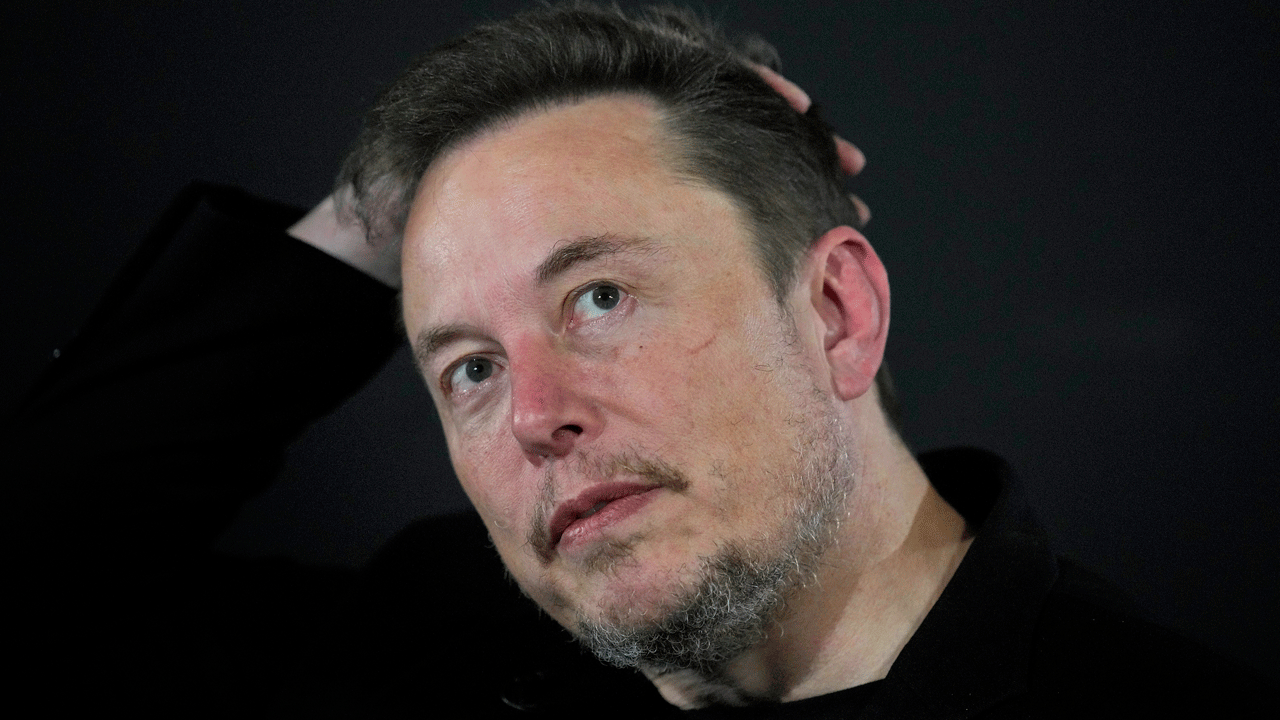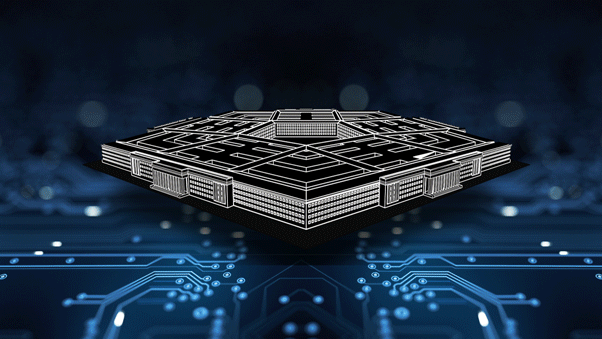As artificial intelligence (AI) technology becomes more advanced, its impact on the entertainment industry becomes increasingly evident. One of the most concerning developments is the proliferation of fake AI movie trailers that deceive viewers and raise fears about the future of creativity in Hollywood.

Movie trailers serve as tantalizing glimpses into upcoming cinematic releases, leaving fans eagerly anticipating the final product. However, a recent trend has emerged that threatens to erode the authenticity of these promotional materials: fake AI movie trailers. These trailers are generated using AI software, often tricking viewers into believing they are genuine teasers for real movies.

AI-generated movie trailers are not a new phenomenon, but the recent surge in their popularity has raised concerns within the entertainment industry. A fake AI movie trailer for the James Bond franchise, featuring Henry Cavill as the new Bond character, gained widespread attention, amassing nearly 4 million views within just two weeks.
The creators of fake AI movie trailers often use a combination of AI algorithms and video editing software to mimic the appearance and audio of real trailers. They pay meticulous attention to detail, ensuring that the graphics, sound effects, and voiceovers seem as authentic as possible.

While some viewers may find these fake trailers to be clever and entertaining, they represent a significant threat to Hollywood studios and creators. These trailers can mislead audiences, undermine trust in promotional materials, and potentially damage the revenue streams of legitimate productions.
Hollywood unions representing actors and writers have expressed concerns about the potential impact of AI on their livelihoods. They fear that AI-generated content could replace human performers and authors, leading to a decline in the quantity and quality of creative output.

The proliferation of fake AI movie trailers highlights the need for robust safeguards to protect the integrity of the film industry. Studios must collaborate with technology companies to develop digital watermarking techniques, improve trailer authentication processes, and ensure that AI-generated content is clearly labeled as such.
One potential solution is the use of synthetic media detection tools, which can identify AI-manipulated content. These tools rely on advanced algorithms to analyze patterns and detect anomalies that may indicate the presence of AI-generated elements.
As AI technology continues to evolve, the entertainment industry must adapt to protect its creative assets and ensure the authenticity of its promotional materials. Failure to do so could lead to a decline in the quality of film and television productions, damaging both the industry and the audiences it serves.
The debate over fake AI movie trailers is likely to continue, pitting supporters of artistic expression against those who prioritize the protection of intellectual property and the integrity of the creative process. As technology advances, the boundaries between originality and imitation will continue to blur, challenging the entertainment industry to find a balance between innovation and authenticity.
Ultimately, the future of movie trailers lies in embracing transparency and accountability. Studios must disclose the use of AI in trailer production, and consumers need to be mindful of the potential for deception. By working together, we can preserve the authenticity of the moviegoing experience and ensure that the creative works we enjoy are the genuine products of human imagination and effort.










